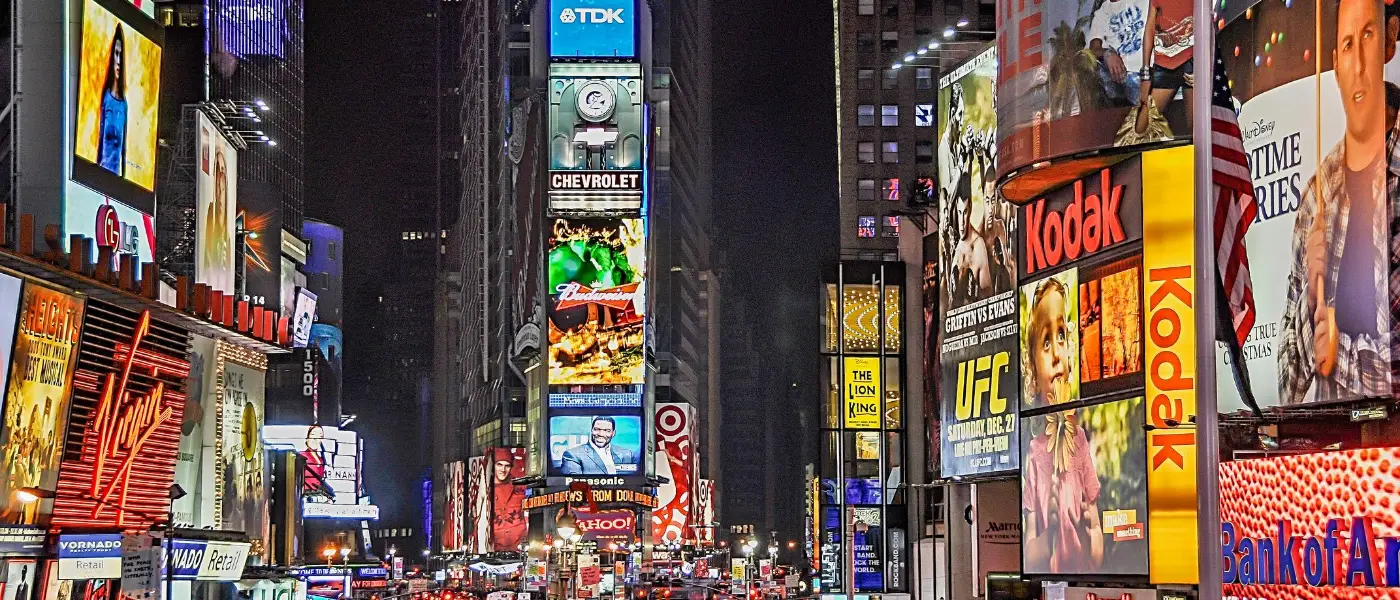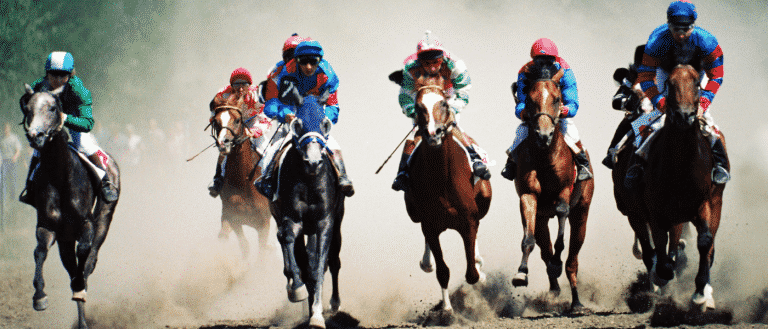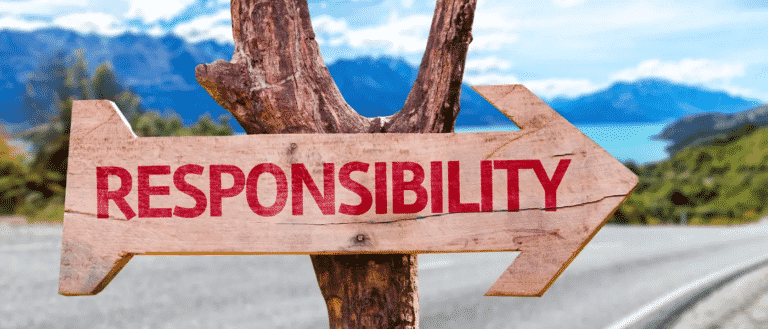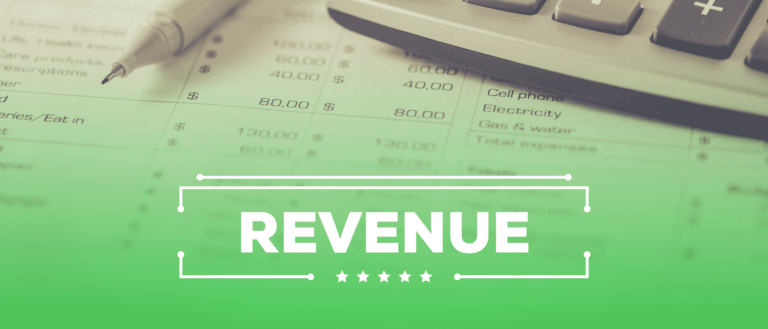The Inevitable Fallout of Sports Betting Advertising Fatigue

With the fall of PASPA, legal sports betting is spreading across the country. It’s a dream come true for gamblers, advocates of legal, regulated gambling, the gambling industry, and states.
That said, sports betting supporters should heed the warning contained in the well-known maxim, be careful what you wish for because it doesn’t take much for a dream to turn into a nightmare.
And suffice it to say, the spread of legal sports betting in the US hasn’t been all puppy dogs and rainbows. Legal sports betting is amassing plenty of victories. Still, its wake is littered with poorly crafted legislation and regulations, technology hiccups, missteps perpetrated by envelope pushers, in-fighting, and one impending factor that could be the most impactful of the bunch: Advertising fatigue.
If sunlight is the best antiseptic, the burgeoning US sports betting industry is about to get a heavy dose of UV rays if it follows through with the anticipated onslaught of advertising.
The Calm Before the Storm
Right now, the discussions around sports betting in the US are confined to gambling echo chambers like “Sports Betting Twitter,” but it’s unclear how long it can stay out of the mainstream. The public (non-bettors) has likely heard some rumblings about legal sports betting, but few people have a handle on the inroads it’s already made, let alone if it’s legal where they live, or what failings the laws may possess.
That will change now that sports betting is legal in nearly half the country, and when (if?) the NFL season draws near and the commercials kick-off in full force.
If the blitz of DFS advertising in 2015 was too much for you, wait until sports betting advertising kicks into high gear. Not only will there be commercials, but there will also be entire pregame shows, halftime shows, and network programming aimed at sports bettors and brought to you by sports betting companies.
The cynic in me believes there will be more discussion of sports betting than sports, and I’m wondering how the average viewer will feel about having gambling jammed down their throats before, during, and after every game.
Or how the non-bettor will feel about their sport’s experience (a two- to a three-hour reprieve from reality) getting hijacked by gambling.
And I wonder how the anti-gambling crowd will respond to pregame show hosts used as some bizarre version of sports betting carnival barkers.
The Big Issue with Advertising Fatigue
DFS learned the lesson of overexposure the hard way.
Exposure leads to scrutiny (genuine and questionable), and scrutiny leads to action, and that action will often manifest as overreach.
At the end of the day, it worked out well for DFS. The industry is legal in more than 20 states, often with very industry-friendly oversight and financial burdens.
Sports betting won’t be so fortunate. DFS managed to convince lawmakers in state after state that it wasn’t gambling, and therefore didn’t require the same oversight required of casinos or online poker and online casino sites.
Sports betting is gambling, and if the US wants to take a look at its future, it can merely study what has taken place in the UK and other European countries over the last several years.
If the US industry decides it’s going to keep speeding around the racetrack until there’s a crash and the safety car appears, a day of reckoning is on the horizon.
The future is likely to include advertising restrictions, mandated responsible gaming policies, and increased financial burdens as all the beggars’ hands come out whenever an existing law gets restructured.
A Secondary Problem with Advertising Fatigue
TV advertising can say, “visit randomsportsbettingsite.com” over and over, but there’s a good chance the blanket advertising that will bombard viewers will serve more as a rising tide lifting all boats.
First, viewers are unlikely to watch a single channel. NFL games exist on multiple networks, which limits the impact of network-specific marketing with official partners. Instead, potential customers will see advertising from numerous operators during a single NFL Sunday.
As such, what they search for, and what app they download is anyone’s guess.
And with so many sports betting operators blanketing the airwaves (compared to the two DFS companies that did the bulk of advertising in 2015), a very likely outcome is that companies will more or less be marketing for the sports betting industry rather than their unique brand.
And that includes offshore sites.
These sites have a big head start and dominate sports betting SEO searches.
Since they don’t use traditional marketing to reach US customers, an advertising blast for licensed sportsbooks is likely to have a positive impact on offshore books.
An example of this occurred with the repeal of PASPA.
At Ice North America in May 2019, H2 Gambling Capital’s David Henwood noted that after a year, the legal market only cut into the offshore market by 4%. And more importantly, the offshore market more than offset that loss with new customers, as according to Henwood, the offshore market had grown in size, even though it was now fighting for customers with the licensed sites.







